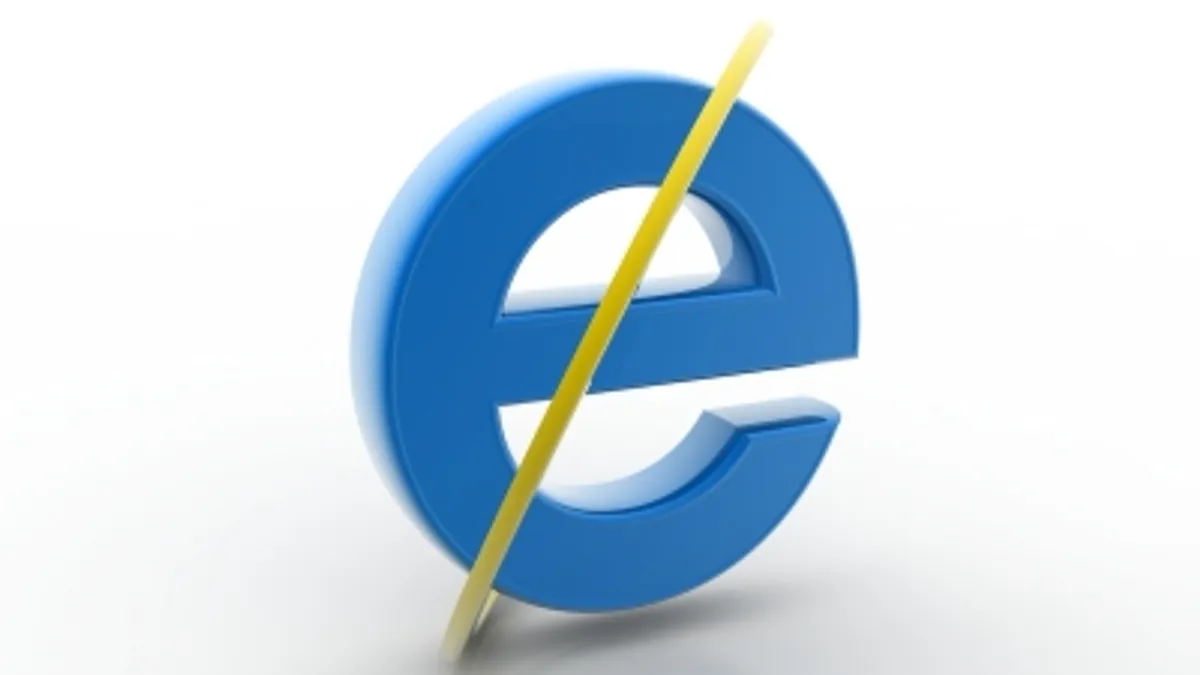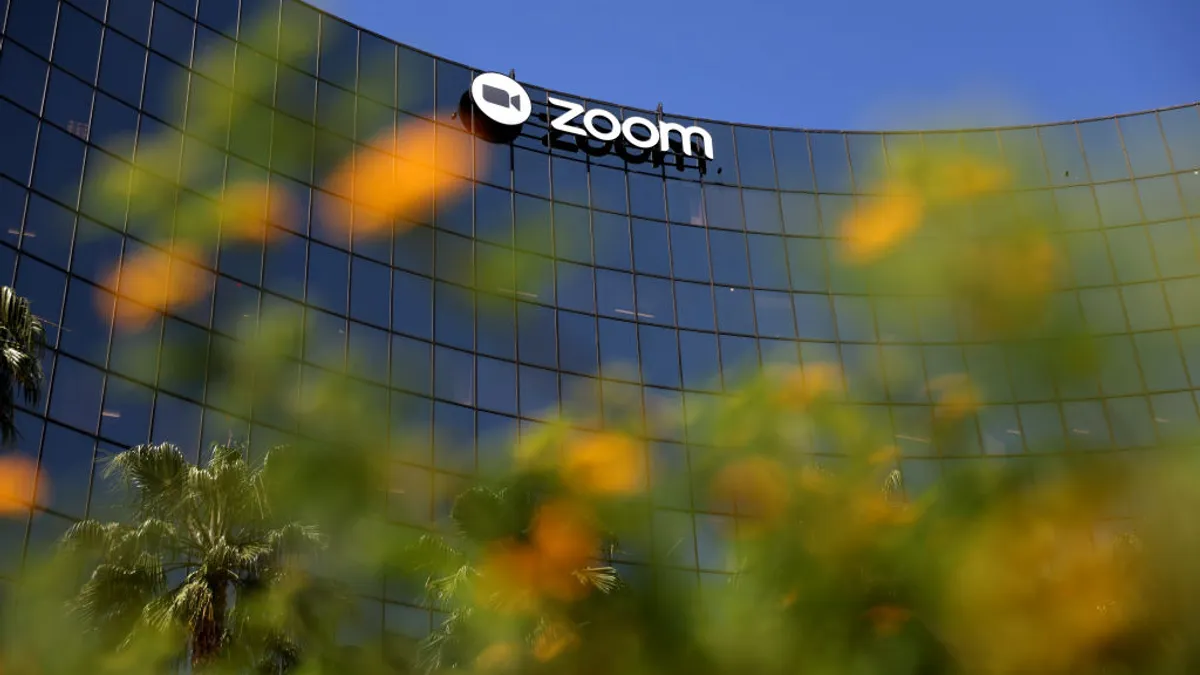Microsoft's browsers are continuing to lose users, analytics company Net Applications said in March. Together, Microsoft’s browsers, Internet Explorer and Edge, lost a combined 1.4 percentage points of desktop and notebook user share. It was the fourth consecutive monthly decline of more than one percentage point for Microsoft.
While Explorer and Edge still account for more than 43% of all browsers used in March 2016, that’s down from 56% a year prior, according to Net Applications. Should trends continue on their current trajectory, use of Microsoft's browsers will drop behind Google Chrome by next month, if not sooner.
Meanwhile, Chrome is rapidly becoming the world’s most-used browser. In one year, Chrome's user share has increased from around 25% to just over 39%. Other browsers are either slightly losing ground or stagnating. Use of Firefox declined slightly in March, Net Applications found, while use of Apple's Safari and Opera Software's Opera remained steady. At least for now, Chrome appears to be winning today’s browser wars.
One wrong move after another
In January, Microsoft announced it was ending support for older versions of Internet Explorer and encouraged users to upgrade to Internet Explorer 11 or Microsoft Edge. Asking users to change browsers may have backfired, experts speculate, as it forced people to rethink their browser choice. And apparently, many of those users are moving to adopt Chrome.
Rod Trent, the Engagement, Education and Conference Director for Penton and an expert on Microsoft System Center and Cloud technologies, recently wrote a blog post about the current browser wars. Trent attributes Microsoft’s losses, at least partially, to the company’s "release it now, fix it later" mentality.
"When Edge released publicly (when Windows 10 was delivered as a finalized offering in July of 2015) the new browser was a mess," Trent said. "Incompatibilities, page freezes and the lack of plugins all led to new Windows 10 users either reinstalling Google’s Chrome browser, or migrating to it for the first time."
Trent said many Windows 10 users he talks to are still waiting, whether its for Edge plugins or a sign that things will get better.
"Edge has definitely improved with each new Windows 10 cumulative update," said Trent. "It’s more stable now. But, many of those who have been waiting are close to giving up. And, not really because it’s taking so long, but because they’ve become happy and comfortable with the alternatives."
Some speculate Edge simply isn’t that important to Microsoft. Google needs its web browser to be popular so it can sell other services and retrieve user data required to keep its ad revenue stable, Trent said. But Microsoft has fewer concerns in those areas, and likely less motivation to ensure their browsers are top-notch.
The need for speed (and other cool features)
Speed is one area of growing differentiation and competition among browser makers. In January, Google began rolling out a new update to Chrome that promised to speed up load times. Using a new data compression algorithm called Brotli, page sizes can be reduced by 26% more than Chrome's previous compression tool, Google said.
That’s not to say that new competitors are afraid to take on Chrome in an attempt to improve the browsing experience in a variety of ways. In January, Brendan Eich, the former CEO and co-founder of Mozilla and creator of JavaScript, launched a new browser called Brave. Brave’s premise is to increase page load times by stripping out ads. Brave Software said that by blocking underlying online advertising processes, Web pages can load up to 60% faster.
Last month saw the release of Vivaldi, another new browser built by a company headed by Opera ex-CEO Jon von Tetzchner. Vivaldi is marketed as a "browser made for people who prefer a long list of features over mass market appeal."
Vivaldi hopes to appeal to power users by allowing them to customize the appearance of UI elements such as background color, overall theme, address bar and tab positioning and start pages. Vivaldi also features the ability to "stack" and "tile" tabs, annotate web pages, and add notes to bookmarks, among many other things.
So while Chrome is gaining momentum today, it may not stay that way for long as new, specialized browsers emerge. And while Microsoft’s market share may continue to erode, it will likely remain popular in some areas. For example, Trent predicts that Internet Explorer will remain a favorite for the enterprise due to its richer management and control capabilities.
But outside the enterprise, it could be a much different story. Trent referred back to the first "browser war," when Microsoft's Internet Explorer went up against Netscape's Navigator in the late 1990s. That didn’t end well for Microsoft, and this one may not either.
"Unless Microsoft does something soon, it’s going to lose the web a second time," Trent said.




















